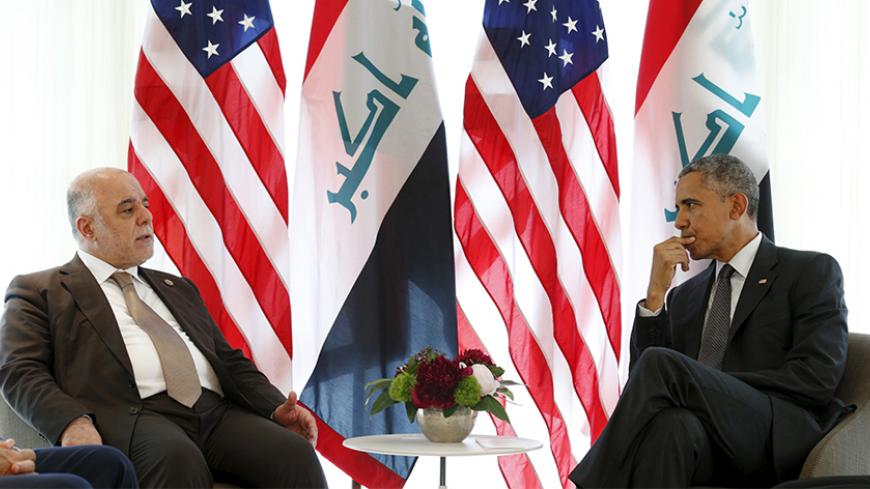US-Iraqi relations have failed to develop into a strong and deep strategic partnership following the 2003 US-led invasion despite the crucial role the United States played in setting up the new political system and the Strategic Framework Agreement signed by the two countries in 2008. Conditions on the ground turned out to be unfavorable for the implementation of the agreement’s tenets transforming the United States from occupier to strategic partner supporting Iraqi ministries in the security, economic, diplomatic and cultural arenas. Among the issues hindering the partnership were regional interference in Iraq and the failure of Iraqi politicians to achieve balanced relations among all segments of society and with neighboring states, choosing instead to align with this party or that.
The United States got off on the wrong foot in its relations with Iraq, because post-invasion it considered the country a starting point, or bulwark, in the fight against the regional axis of evil — Syria and Iran. Iraq was also meant to be the base from which democracy would spread throughout the region. This raised fears among some regional players. In 2012, then-parliamentarian and now Iraqi Prime Minister Haider al-Abadi observed, “Saudi Arabia fears democracy in Iraq.”



